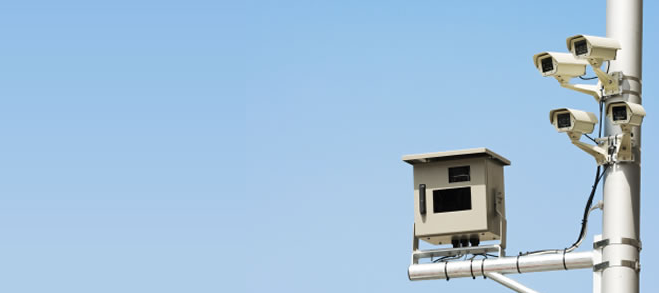The dozens of speed cameras around the city have resulted in the issuance of more than 900,000 speeding tickets last year. The fines for these tickets equated to more than $35 million in revenue for the city making them a heavy hitter when it comes to putting money in city coffers.
Now new questions are being raised about the effectiveness of these cameras after the investigation showed that a not insignificant number of these cameras do not work correctly. In some cases it has been proven that the speed cameras actually issued tickets to vehicle which were not moving at all.
Xerox is the company which now owns the speed camera system in Baltimore, although it only recently purchased the system and was the group which first sought to review the functioning of the camera system. The results of their survey showed that only a handful of the cameras were malfunctioning. Outside those few cameras, Xerox said, the margin of error was less then a half of a percentage point.
But this has hardly sated opponents to the speed cameras which are now being used in more than a dozen states across the nation. They claim the cameras are intrusive upon their right to personal privacy, and given that the technology is “unreliable” and cannot be trusted to determine who gets a ticket and who doesn’t.
Unfortunately for these people the fact remains that cities which have installed these automatic speed cameras have seen a huge influx of new revenue and a decrease in costs for police normally used to patrol for speeders. Instead of watching for speeders these police hours can now be used for other public safety, another boon for cities leaders looking to score points with their constituents. Given all this, a few malfunctioning cameras seem unlikely to deter other cities looking to boost revenue while decreasing man-hours.

 Live Chat
Live Chat






